PAGE CONTENT:
The Truth About Sugar: Benefits and Risks
Sugar is a common ingredient in many foods and beverages, known for its sweet taste and energy-boosting properties. It comes in various forms, from natural sugars found in fruits and dairy to added sugars in processed foods and sweets. While sugar is a significant source of energy, its consumption has become a contentious topic in health and nutrition circles. The excessive intake of sugar is linked to numerous health issues, including obesity, diabetes, heart disease, and tooth decay. Understanding the different types of sugar, their benefits, and the potential risks is crucial for making informed dietary choices. This article explores what sugar is, its advantages and disadvantages, and offers guidance on how to manage sugar intake for better health.
What Is Sugar and Where Does It Come From?
Sugar is a simple carbohydrate that provides a quick source of energy for the body. It can be classified into two main types: natural sugars and added sugars. Natural sugars are found in whole foods such as fruits (fructose), vegetables, and dairy products (lactose). These foods also provide essential nutrients like fiber, vitamins, and minerals. Added sugars, on the other hand, are those introduced during the processing of foods and beverages. Common forms of added sugars include table sugar (sucrose), high-fructose corn syrup, and honey. Understanding the sources and types of sugar is essential for making healthier dietary choices and managing overall health.
What Are the Benefits of Consuming Sugar?
Sugar plays several roles in the diet and can provide benefits when consumed in moderation. It is a quick source of energy, essential for fueling physical activities and mental functions. Athletes and individuals engaged in strenuous activities often rely on sugars for immediate energy replenishment. Moreover, sugar can enhance the taste and palatability of foods, making them more enjoyable to eat. This can be particularly useful in encouraging the consumption of nutritious but less appealing foods. Additionally, natural sugars found in fruits and dairy come with essential nutrients that contribute to a balanced diet. Despite these benefits, it is crucial to be mindful of sugar intake to avoid potential health risks.
What Are the Risks of Excessive Sugar Consumption?
Excessive sugar consumption poses significant health risks. High sugar intake is strongly linked to obesity, as excess calories from sugar can be stored as fat in the body. Moreover, consuming large amounts of sugar can lead to insulin resistance, a precursor to type 2 diabetes. Excess sugar can also contribute to the development of cardiovascular diseases by increasing levels of harmful cholesterol and triglycerides in the blood. Furthermore, sugar is a leading cause of dental problems, including cavities and gum disease. Understanding these risks highlights the importance of monitoring and moderating sugar intake to maintain optimal health.
How Can You Identify Hidden Sugars in Foods?
Identifying hidden sugars in foods is crucial for managing intake and maintaining a healthy diet. Many processed foods contain added sugars that may not be immediately obvious. Reading food labels and ingredient lists can help detect hidden sugars. Ingredients such as high-fructose corn syrup, cane sugar, dextrose, and syrups are indicators of added sugars. Additionally, be aware of foods marketed as “healthy” or “natural,” as they may still contain significant amounts of sugar. Foods like flavored yogurts, granola bars, and salad dressings are common culprits. Educating yourself on these hidden sources can help reduce unnecessary sugar consumption.
How Can You Reduce Sugar Intake Without Sacrificing Taste?
Reducing sugar intake does not mean sacrificing taste or enjoyment of food. There are several strategies to lower sugar consumption while still enjoying delicious meals. Opt for natural sweeteners like stevia, monk fruit, or small amounts of honey and maple syrup. Incorporating more whole foods such as fruits, vegetables, whole grains, and lean proteins can naturally reduce the craving for sweet foods. Additionally, experimenting with spices like cinnamon, nutmeg, and vanilla can add flavor without extra sugar. Gradually reducing sugar in recipes and becoming mindful of portion sizes also helps in managing sugar intake effectively. These approaches ensure a balanced and enjoyable diet without the health risks associated with excessive sugar consumption.
SUMMARY
Sugar, a prevalent ingredient in many diets, has both benefits and risks. It provides quick energy and enhances the taste of foods, but excessive consumption can lead to serious health issues such as obesity, diabetes, and heart disease. Understanding the types of sugar, their sources, and how to manage intake is crucial for maintaining good health. By identifying hidden sugars and adopting strategies to reduce sugar consumption, individuals can enjoy the benefits of sugar without compromising their health. Making informed dietary choices and being mindful of sugar intake is key to a balanced and healthy lifestyle.

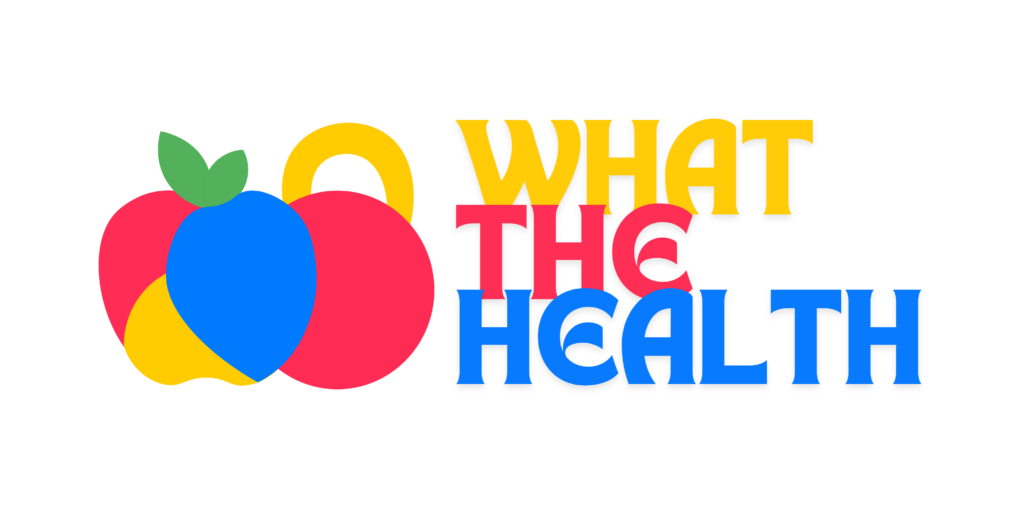
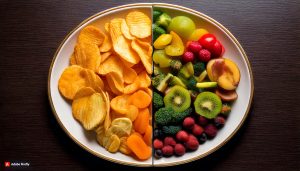

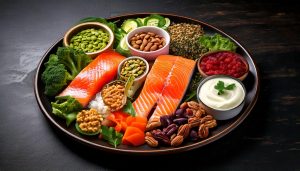

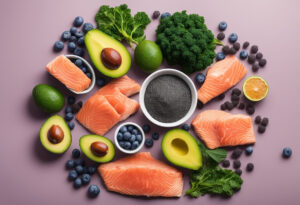




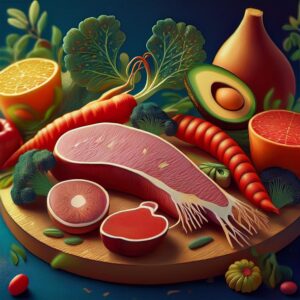
One Response
I’m not sure why but this website is loading very slow for me. Is anyone else having this issue or is it a issue on my end? I’ll check back later and see if the problem still exists.